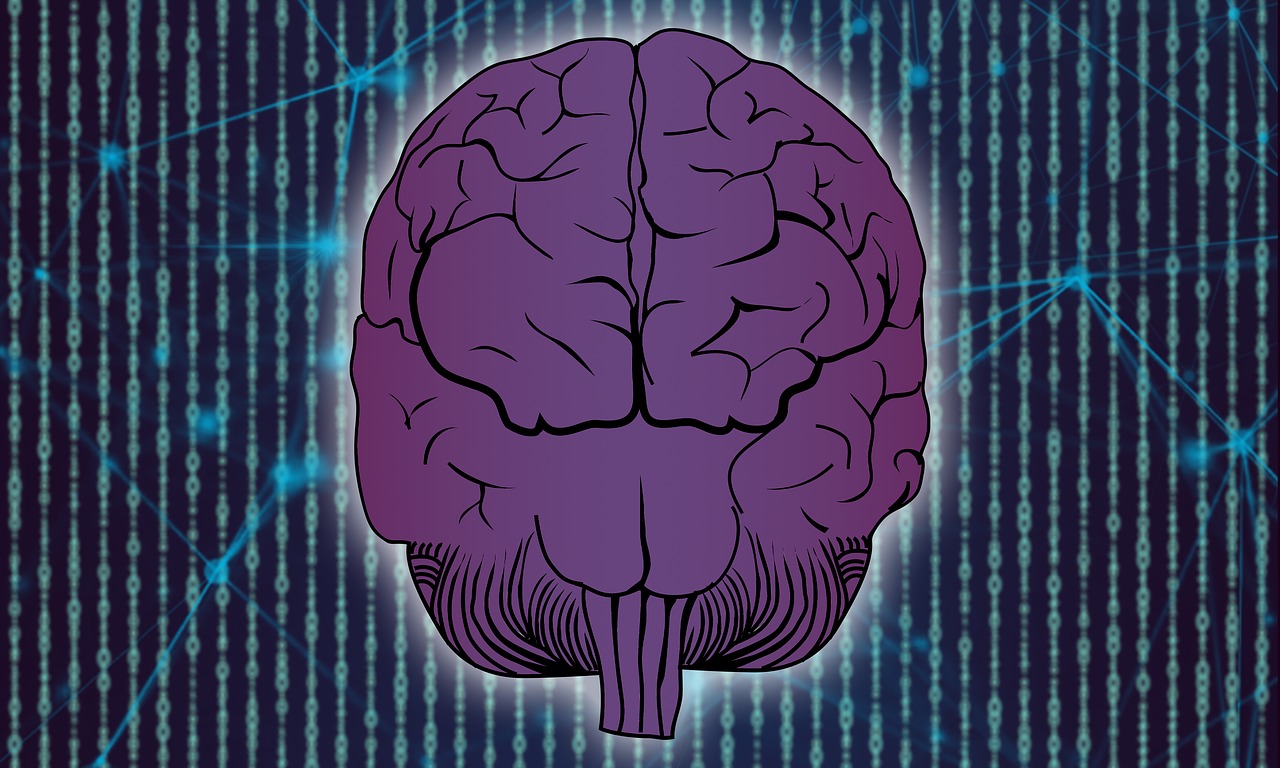As my middle expands and my knees and back ache in ever-new and interesting ways, I often joke about looking forward to the future where I can transfer my brain to a robot body. Just like Robot Nixon! Take that, hippies!

The idea of transferring minds to deathless machines is not new. An early SF favourite of mine were the Professor Jameson stories, where the titular professor voyages the stars with a race of benevolent aliens, their minds housed in indestructable robot bodies. Anne McCaffrey wrote The Ship Who Sang about a woman whose mind is encased in a spaceship itself.
But is science fiction on the verge of becoming reality? Computer scientists claim that “digital twins” of our own minds are not far off.
In 2016, Bill Ruh, then-CEO of GE Digital, predicted that “we will have a digital twin at birth, and it will take data off of the sensors everybody is running, and that digital twin will predict things for us about disease and cancer and other things.” A digital twin could inform tailored treatments for a patient and predict how their disease might develop. It could even be used to trial potential treatments, rather than testing them on the patient—a process that can be filled with risk.
So far, research projects are confined to building “digital hearts”, although the ominously-named Austrian company Golem is creating “digital twins” for vulnerable people who live alone (German scientists building a “golem”? What could possibly go wrong?).
Now researchers are shooting for the loftiest goal: to twin the brain. Neurotwin, an EU-funded project, wants to design a computerized model of an individual patient’s entire brain.
Neurotwin’s aim is, so far, therapeutic, to explore treatments for neurological disorders from epilepsy to Alzheimer’s. But, where medicine goes, cosmetics quickly follows. What narcissistic celebrity wouldn’t want a clone of themselves?
But there are serious ethical questions.
Ana Maiques, the CEO of Neuroelectrics, says the company is already grappling with the issue of what happens to the extremely personal data a digital twin is built upon. “When you’re doing these kinds of personalizations, you have to ask difficult questions, right? Who’s going to own that data? What are you going to do with data?” she asks.
Wired
Who will own the “digital twin” of themselves? What’s to stop Jeff Bezos turning your digital twin into a digital slave?

Worse, for those who want to pursue digital immortality, what’s to stop a future CEO simply erasing your digital self as easily as cancelling a social media account?
At a more fundamental, if seemingly esoteric level, the idea of digitally recreating a mind goes to the heart of a centuries-old philosophical debate: the mind-body problem.
The default view — if not explicitly stated as such by most people — is what is called “dualism”: that is, that the mind and the body are separate entities. Most people would call it a “soul”. Rene Descartes famously espoused what is known as “substance dualism”, that mind is an esoteric, immaterial “thing”. But there are many problems with dualism, some of which were raised as soon as Descartes published his ideas. For instance, how does an immaterial mind interact with a physical body?
More recently, for much of the 20th century, mind-brain identity theory reigned supreme. It seemed as obvious, as scientists explored the human body, that the mind was nothing more than the brain. But there are just as many problems with that idea as with dualism.
Suffice it to say that no clear theory of mind-and-body is widely accepted. Some philosophers, like Daniel Dennett, have resorted to denying that consciousness, as we commonly think of it, even exists. In recent years, philosophers such as Australian David Chalmers have revived a more sophisticated idea of dualism.
If, as the proponents of “digital twins” claim, it is possible to replicate an entire mind, then the dualists will have won: minds are not identical to brains.
But then another fundamental ethical problem arises: is the digital mind a person — with all that that entails?

